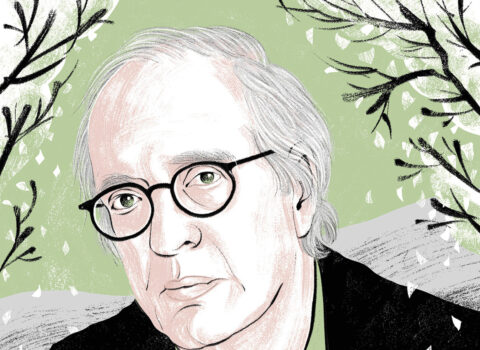“Brother Francis Gerard of Utah might never have discovered the blessed documents, had it not been for the pilgrim with girded loins who appeared during that young novice’s Lenten fast in the desert.” I have read this sentence a number of times since I found a copy of the book it initiates, a novel called A Canticle for Leibowitz, by the gas-station pump where I filled up this morning. Perhaps it is, in part, a function of the disorientation that claims me when paying less than two dollars a gallon, but I find myself disturbingly attracted to this sentence, as if to a leering stranger at a low-lit bar. I am compelled by it in complicated ways.
What attracts me to it, other than serendipity, is the purity of its awfulness… coupled with its naked, flailing whorish ambition to seduce. It is working so very hard, and so very transparently, to solicit readerly enthusiasm that one can only love it for how earnest it is in its hapless badness. Lure after lure is cast: “the blessed documents,” for example, is deployed in the hope that deep in the reader’s quiet soul, a voice will shout Hang on–did someone just say blessed documents? What documents? There’s also “the pilgrim with girded loins,” and a “Lenten fast in the desert.” And let us end where it begins: for we failed to acknowledge that most potent enticement of all: Brother Francis Gerard hails, after all, from Utah.
What should go in the first sentence of a novel? In nature, precisely what one finds in the festival above, just not those bald details, and not that way. Here’s another introductory sentence which, in type, is interchangable with that of my gas station discovery, though, in nature, is a thing apart:
My true name is so well known in the records or registers at Newgate, and in the Old Bailey, and there are some things of such consequence still depending there, relating to my particular conduct, that it is not be expected I should set my name or the account of my family to this work; perhaps, after my death, it may be better known; at present it would not be proper, no not though a general pardon should be issued, even without exceptions and reserve of persons or crimes.
Conduct? Crimes? What crimes? My simple reading brain delights at glittering lures like these, and which one finds in truly blessed documents.





